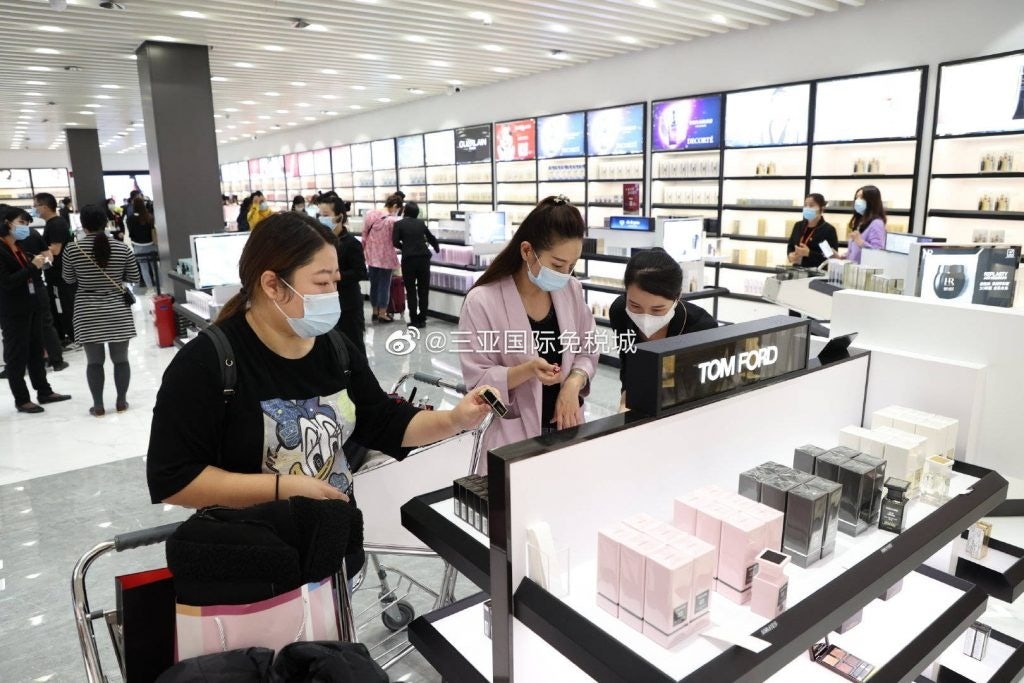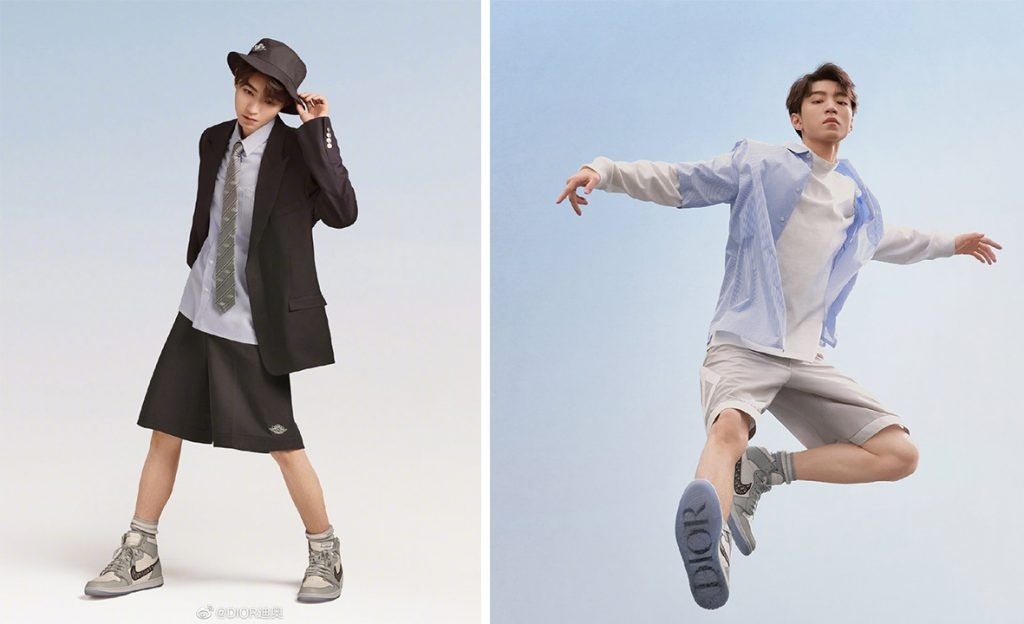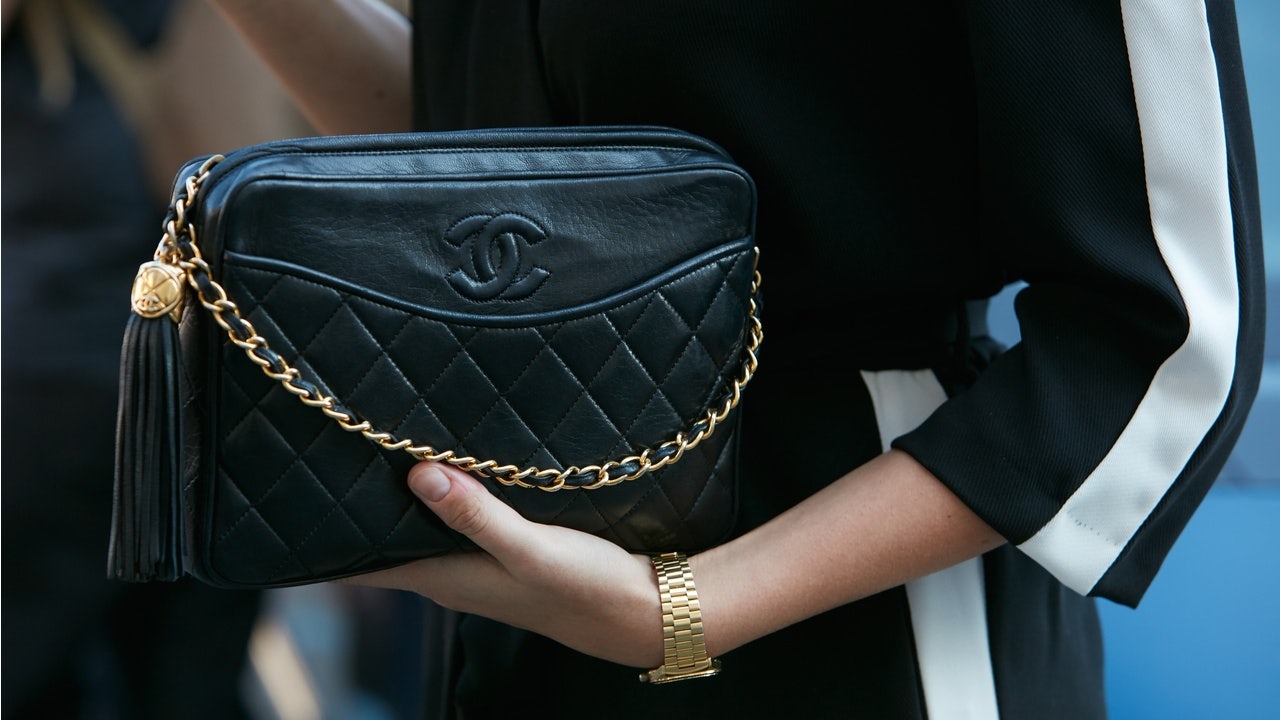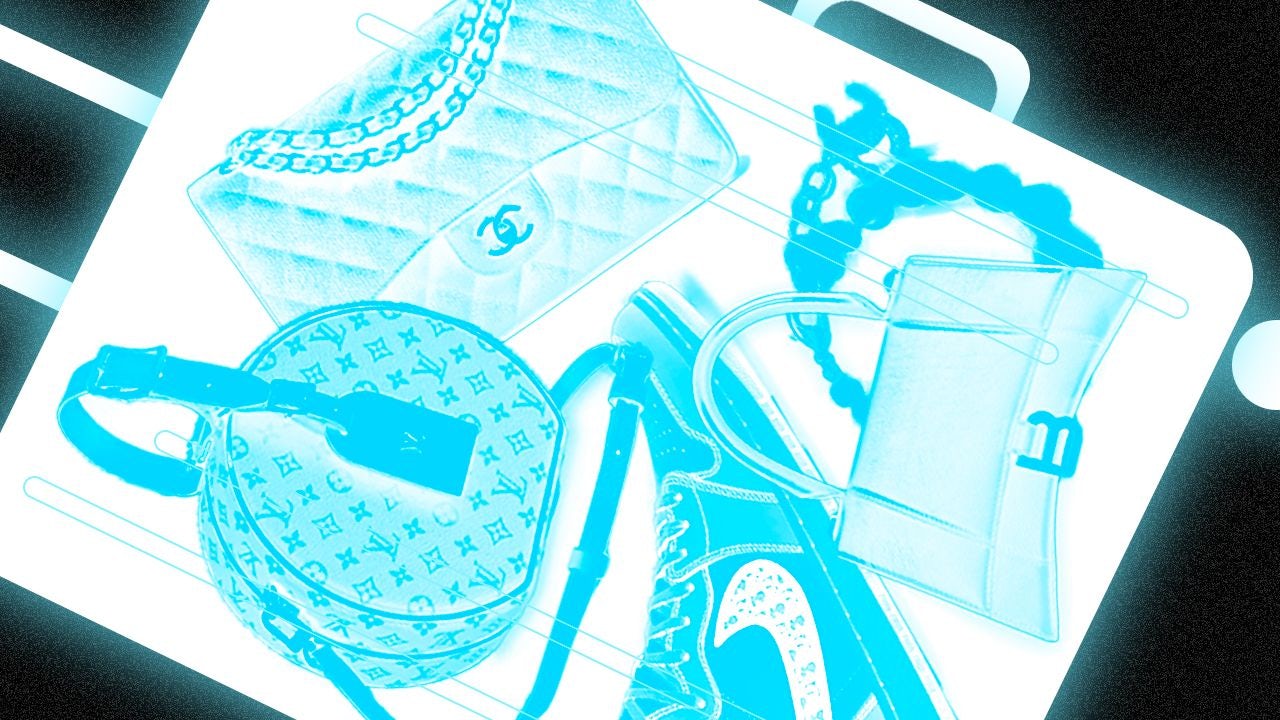Key Takeaways:#
The gap between Western and Chinese retail price tags has been fueling the overseas shopping business, which offers tax-free luxury goods to local consumers.
With travel restrictions imposed, the duty-free island Hainan has turned into a safe heaven for surrogate shoppers. And the government will soon roll out more duty-free locations, such as Shenzhen.
The pandemic has taken a toll on the Daigou business. Yet, the unique relationships Daigous hold with luxury consumers, especially those in lower-tier cities, maintain a crucial market position for Daigous.
Every netizen has at least one Daigou in their Wechat contacts. These personal shoppers offer easy access to a wide range of overseas products, from snacks to luxury handbags, whether you travel or not. By circumventing taxes, Daigous open up a world of cross-border shopping and often offer a more enticing price point on luxury goods like Rolex watches, Gucci shoes, and Chanel handbags.
This grey market has grown exponentially in recent years, and in 2019, it was worth an estimated 52 billion. Yet, brands have been skeptical about collaborating with Daigous, as they have less control over their image, retail price points, and counterfeits.
Before COVID-19, in-store domestic purchases only accounted for 32 percent of total Chinese luxury expenditure. As such, most brands relied on international tourism and overseas buyers, which gave the Daigou business an advantage. However, the pandemic has considerably slowed down this overseas shopping business due to travel restrictions, shipping delays, and lower consumer confidence.
Post-pandemic, domestic spending has reached around 75 percent of China's total spending, and some top-tier brands even experienced double or triple-digit growth on the Mainland. This market shift was primarily due to a price harmonization from high-end brands for several reasons, chiefly lower import duties on luxury goods and consumer spending repatriation built on stricter control of the grey market, beginning in 2018.
Consequently, Daigou market shares have drastically declined as more citizens started shopping in stores. One Florence-based Daigou, XiaoQi, told Jing Daily: “My business saw a decrease in Mainland China customers since the pandemic began. With deliveries delayed, local customers were unsatisfied about waiting more than half a month to receive goods.”
Therefore, post-pandemic consumer spending habits shifted, with many buying luxury as a self-reward and less as gifts. Meanwhile, many retail tactics, including in-store experiences, became an essential part of the purchasing process, such as VIP receptions, VIC (very-important customer) birthday celebrations in boutiques, exclusive collection previews, and pop-up store events. These events and additional competition from direct luxury channels further weakened the allure of personal shoppers.
Nonetheless, Jing Daily has analyzed the competitive advantages Daigous do have in this aggressive, post-pandemic landscape.
Despite the current landscape, Daigous still offer advantages#
Interestingly, the current scenario can present several advantages for direct retailers to make Daigous important vehicles for luxury brands. Overseas shoppers hold long-standing and unique relationships with high-spending power consumers and have continued to give them work despite the challenges from COVID-19.
XiaoQi, who has been working as a Daigou for three years, explains the benefits of the industry. “Firstly, the merchandise allocated to China is less than European and US markets," he said. "As an example, the demand in China for iconic Hermès bags is very high. But the supply in local stores is limited.” As such, many consumers cannot find their desired products at their local boutiques.
“Second, we often receive first notice when products arrive in-store and have pre-access to them,” he added. Therefore, some sales associates rely on Daigous to enhance their sales performance, so they grant them VIP discounts and access to exclusive collections. And, given their expertise, Daigous can easily spot the products selling well and tailor new offers to their clients.
And finally, the demand for luxury in lower-tier cities is quickly rising, too, yet heritage brands’ reach is often limited to more developed regions. Thus, Daigous have perfectly filled the gap by offering local shoppers international luxury products at home. Indeed, the convenience of overseas agents strongly appeals to first-time purchasers who desperately need those services.
As domestic shopping increases, Daigou’s services have pivoted#
With borders closed and international travel banned, Daigous are facing challenges retaining their usefulness to local customers. However, duty-free shopping offers a bright spot for surrogate shoppers. Now, instead of traveling abroad for fashion tourism, they travel domestically.
By offering 10-25 percent lower prices on fashion and lifestyle goods than the Mainland, destinations like Hainan have enabled these professionals to keep operating. And in the luxury beauty sector, this price difference jumped to 40 percent. In 2020, the island's total sales of duty-free goods reached 4.26 billion. Data from South Korean tax-free retailers indicates that Chinese Daigous may have accounted for over half of those sales.

Aside from exclusive items, the lure of a bargain is always high on citizens’ shoppings lists. “Discounts remain a great attraction for most of our clients,” said XiaoQi. And as more cities are expected to be included in the duty-free zone (according to China’s 14th Five-Year Plan), we should expect more growth in this sector and more people choosing personal shopping services.
Services desired by Gen-Z and Millennial collectors#
Scarcity in the market excites many young fashion collectors, and this generation has shown a greater inclination for designer editions and cross-brand collaborations. According to Bain & Co.’s 2020 report, limited-edition products account for at least one-third of Daigou consumption today. In this niche, the margins are far more lucrative.
Clients are often willing to pay double or even triple the price to acquire exclusive products from Daigous, who have the channels to access this exclusive inventory. XiaoQi confirms that the price is less relevant when it comes to limited-edition or sold-out products. “For example, we can sell Supreme, ASSC, or exclusive collaboration pieces at higher prices than retail.”
AJ x Dior sneakers, Bottega Veneta boots, and Fear of God sweaters are among some of the most desired items. But with Tmall’s 2020 data showing a 400-percent increase in purchases via Gen Zers, hard-to-buy luxury products atop Gen-Z and Millennial wishlists could be a key growth segment for Daigous.

Satisfying the needs of top-tier, ultra-luxury consumers#
The waitlist for Hermès is long and can often stretch up to six years for a Birkin or a Kelly. And if you don’t have transaction records with the brand, many sales associates won’t even put you on the list. Therefore, if you want to cut the line, the next best thing is to buy it second-hand or through an overseas shopper.
By accumulating many transactions after shopping for others, Daigous often hold VVIC status (very, very important customers). As such, they have priority access to new products upon arrival and can skip any waiting list. They may not have discounts, but these ultra-luxury customers are less worried about paying extra fees, as the prices of these bags on second-hand platforms are often double or triple the retail price.
Whether they are needed for price convenience or hard-to-buy pieces, Daigous have built an extended network of customers and are especially good at tapping into lower-tier city markets. There are many areas where Daigou can pivot toward in the future: More will be using online channels like livestreaming, and some may come up with KOC collaborations.
While luxury and Daigous have a checkered history together, as many brands fear these shoppers, the two sectors could easily collaborate. Overseas shoppers often prolong retail journeys through their relationships with a community of influencers. In fact, a closer collaboration between the two may help luxury gain more control over its 52 billion grey market.


